Robotic Automation
Robotic Process Automation (RPA) is a technology that allows organizations to automate repetitive and
rule-based tasks using software robots or "bots." These bots can mimic human interactions with digital
systems, applications, and data sources to perform tasks quickly and accurately.
RPA is a form of business process automation that can significantly improve efficiency, reduce errors, and
free up human employees to focus on more strategic and creative tasks. Here's an overview of robotic
automation
RPA bots are software programs that can interact with user interfaces, extract data, manipulate data, and
perform various actions just like a human user. These bots can be trained to follow predefined rules and
can execute tasks 24/7 without the need for human intervention.
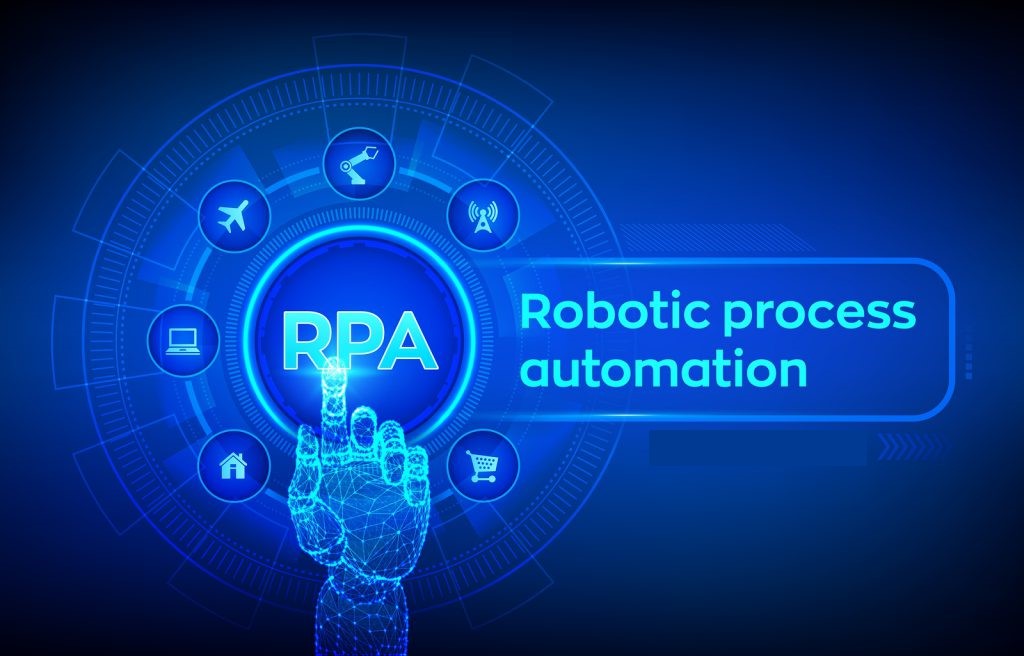
RPA bots perform tasks with high accuracy and consistency, significantly reducing the likelihood of errors
and improving data quality.
Time and Cost Savings: Automation of manual tasks results in faster processing times and reduced
operational costs, leading to improved efficiency and cost savings.
RPA can handle a large volume of tasks simultaneously, making it highly scalable to meet increasing
business demands.
RPA can be implemented without making changes to existing systems, enabling quick deployment and faster
ROI.
Robotic Automation is a powerful tool for organizations looking to improve operational efficiency,
accuracy, and overall business performance by automating repetitive tasks and processes. When implemented
strategically
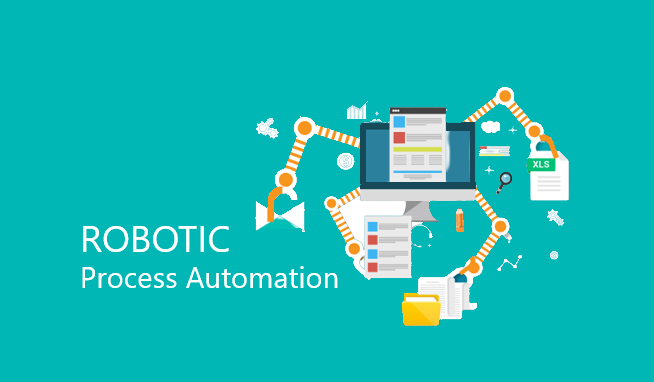

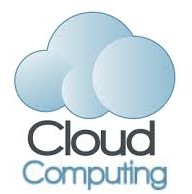 Cloud computing
Cloud computing AWS
AWS DevOps
DevOps Terraform
Terraform Google Cloud Platform
Google Cloud Platform Ansible
Ansible Kubernetes
Kubernetes Docker
Docker Jenkins
Jenkins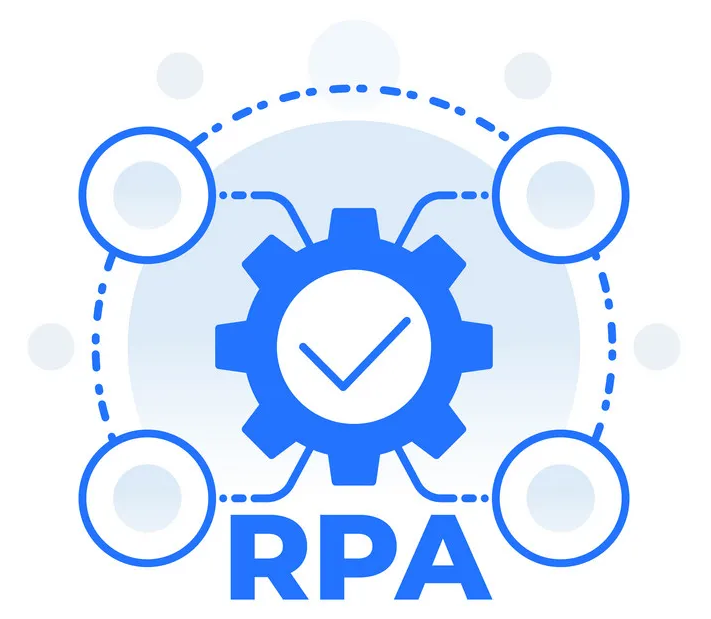 Robotic Process Automation
Robotic Process Automation Power Platform
Power Platform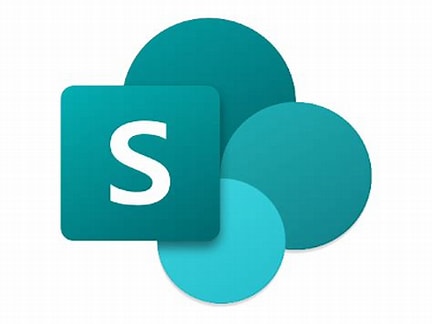 SharePoint
SharePoint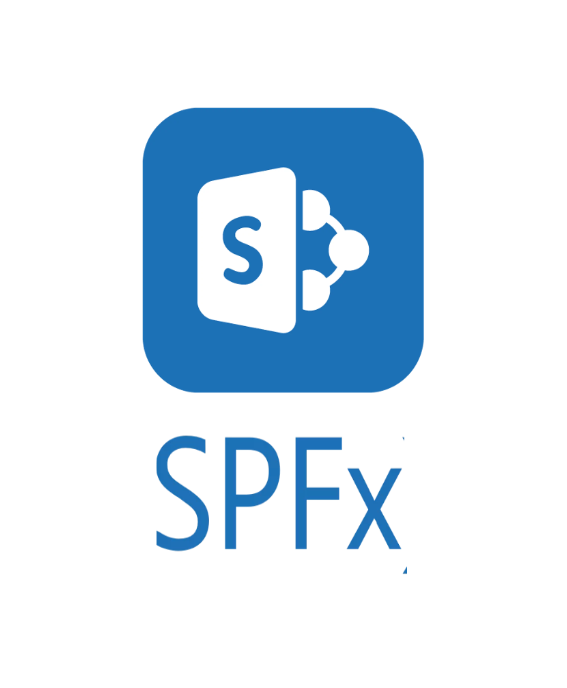 SPFx
SPFx  PHP
PHP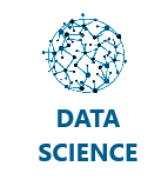 Data Science
Data Science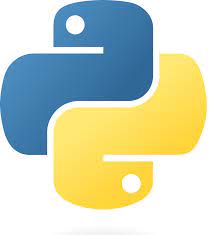 Python
Python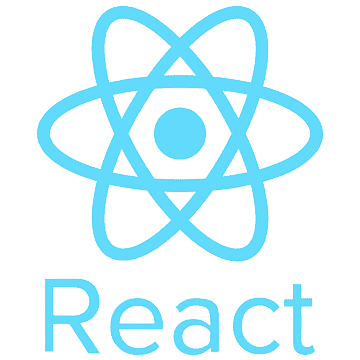 React JS
React JS